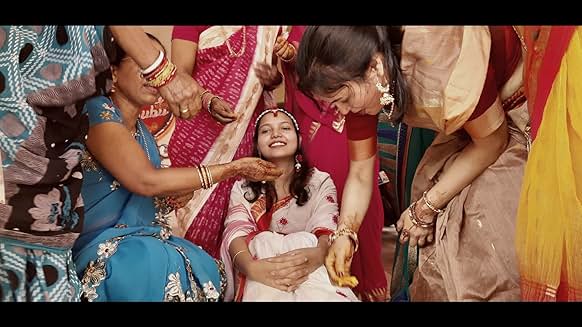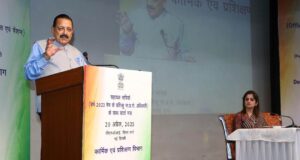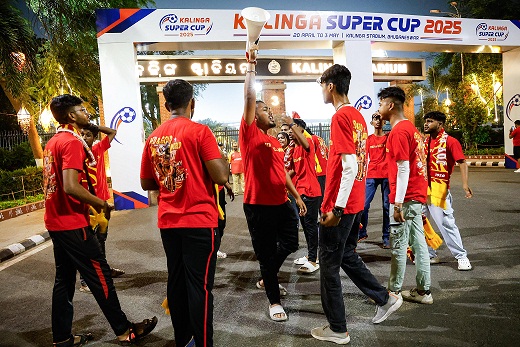Mumbai:24/10/24:Odia’s nonfeature short film Mo Bou Mo Gaon(My Mother My Village)has been selected to be screened at 55IFFI, Goa. Subash Sahoo (48) made the half-an-hour-documentary titled ‘Sebabou’ on his 85-year-old mother Sachitra who lives at Rjabaluria village in Kendrapara district. A sound recordist from Mumbai’s film industry has made a documentary to pay tribute to his mother who, he said, was a great inspiration.
MY MOTHER, MY VILLAGE “Seba Bou” (Seba’s mother) was the custodian of the traditions & value system whom the whole village looked up to for guidance. She taught adolescent girls Skills that they needed to be a good wife and good daughters-in-law like the art of weaving, handicrafts, artifacts, cooking, greeting, mannerisms, etc. And she also taught them the art of “Kandana”, the mellifluous singing depicting the pain and longing of a girl. In the post-globalized world, as the centuries-old tradition erodes, the film attempts to nostalgically look back at the last custodian of old tradition through the eyes of her son.
“It’s a gift to my mother. Her warmth and caring guidance were a contributing factor to whatever success I have achieved so far,” Sahoo observed. Four years back, Sahoo was a recipient of the President’s Award for best audiography at the 57th National Film Awards for Hindi film ‘Kaaminey’.Subash has excelled as a sound recordist in Hindi films. In 2000, he also worked in an English language film “Perfect Husband” as a sync sound recordist.
In 2001, he worked with famous filmmaker Shyam Benegal for the short story serial ‘Sanskrati’. Sahoo also made a documentary film sponsored by the United Nations Development Project (UNDP) “Green Summer” in the KBK (Kalahandi, Balangir, and Koraput) districts of Odisha in 2008.
In the documentary, he said, “My mother is a perennial source of inspiration for me. My mother is the central character in the documentary film. It tries to portray the bond between a mother and village girls.”Subash says that as the name of his eldest sister is Seba, everybody addresses her as ‘Sebabou’ (Seba’s mother). “It’s a typical cultural trait in village life. People often address a woman affixing the name of her eldest child.” “Through the documentary film, I have attempted to underline my mother’s efforts to preserve the age-old culture and tradition of our village. Many village girls and women learn making rice cakes, sewing, and weaving from my mother,” said Subash.
 Odisha news today, Latest Oriya News Bhubaneswar Online Odia news Portal
Odisha news today, Latest Oriya News Bhubaneswar Online Odia news Portal




